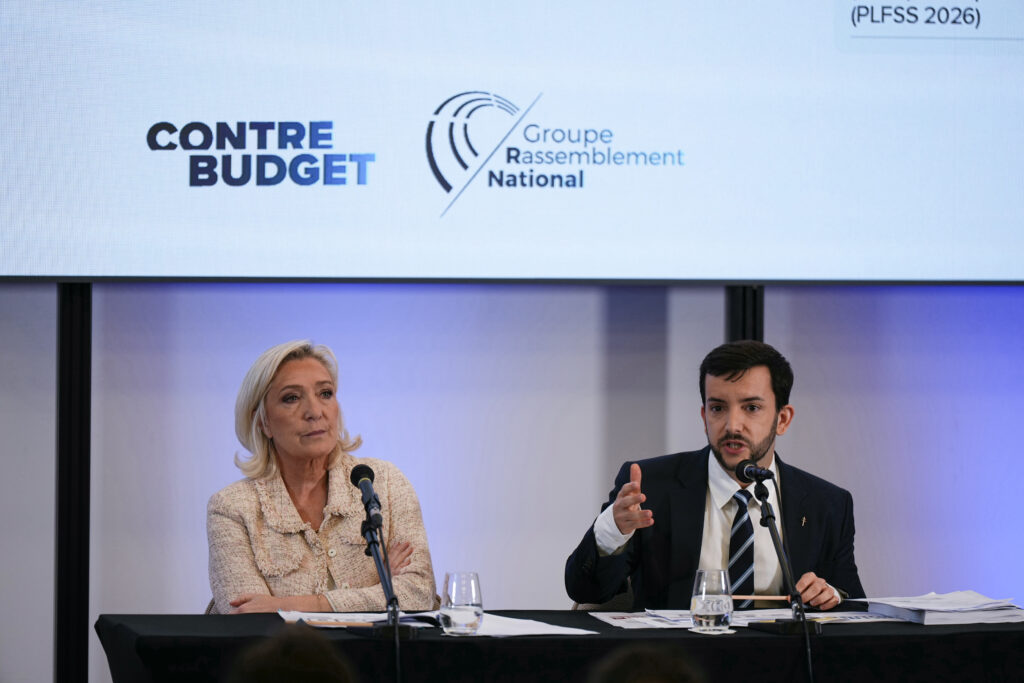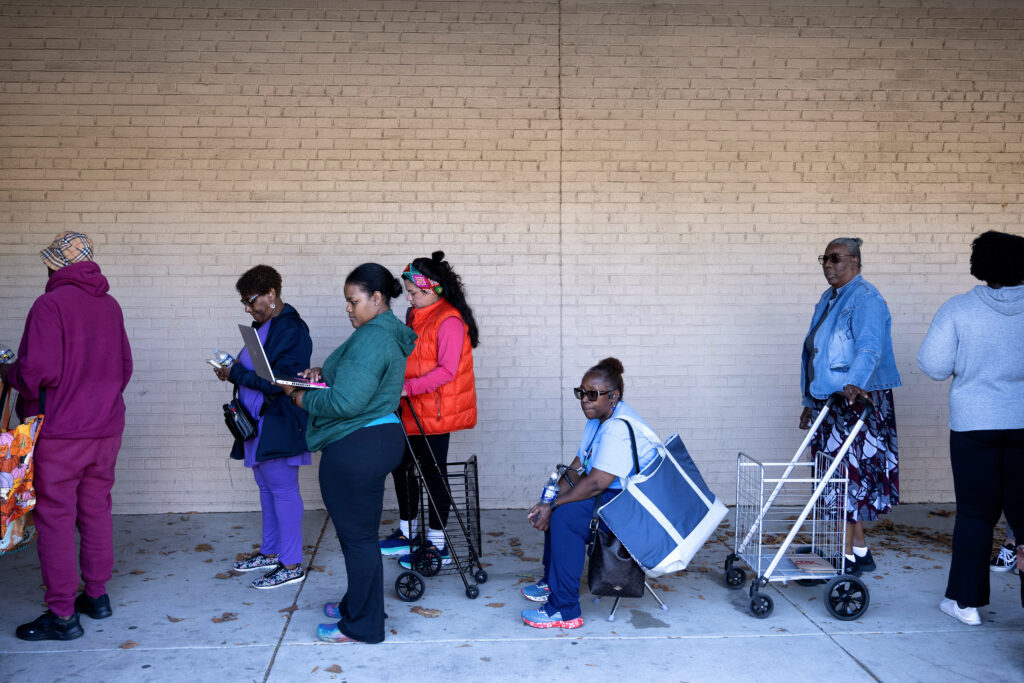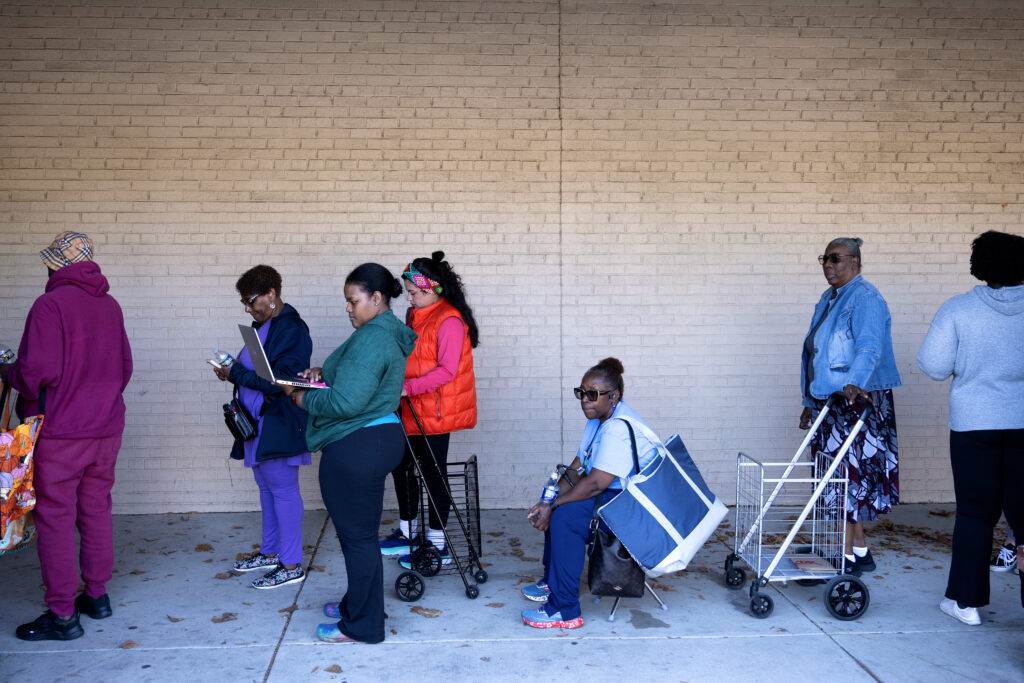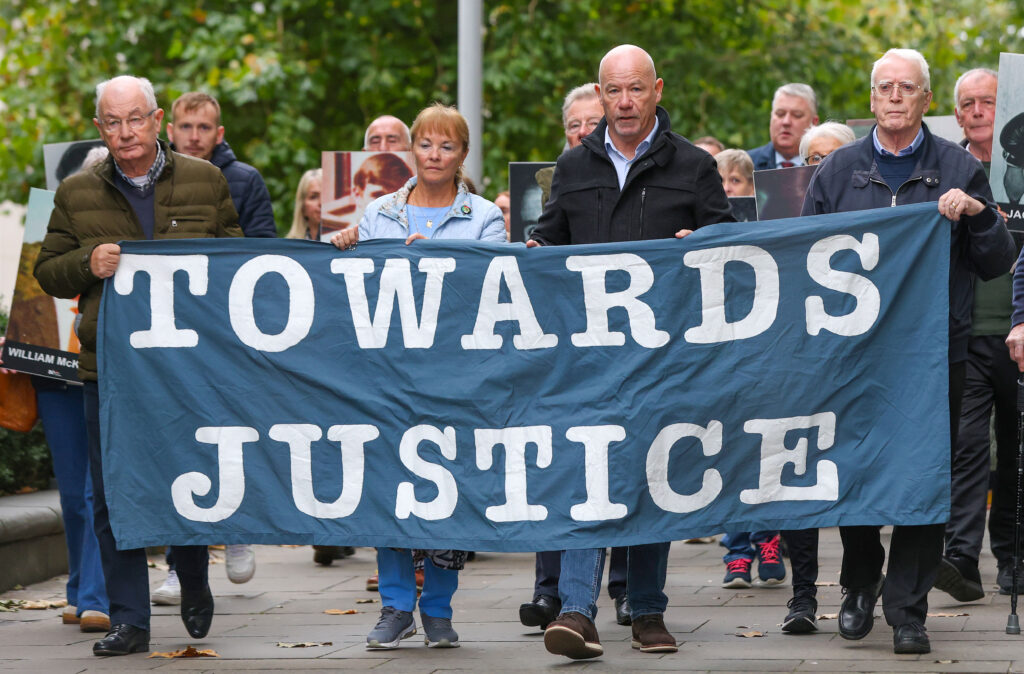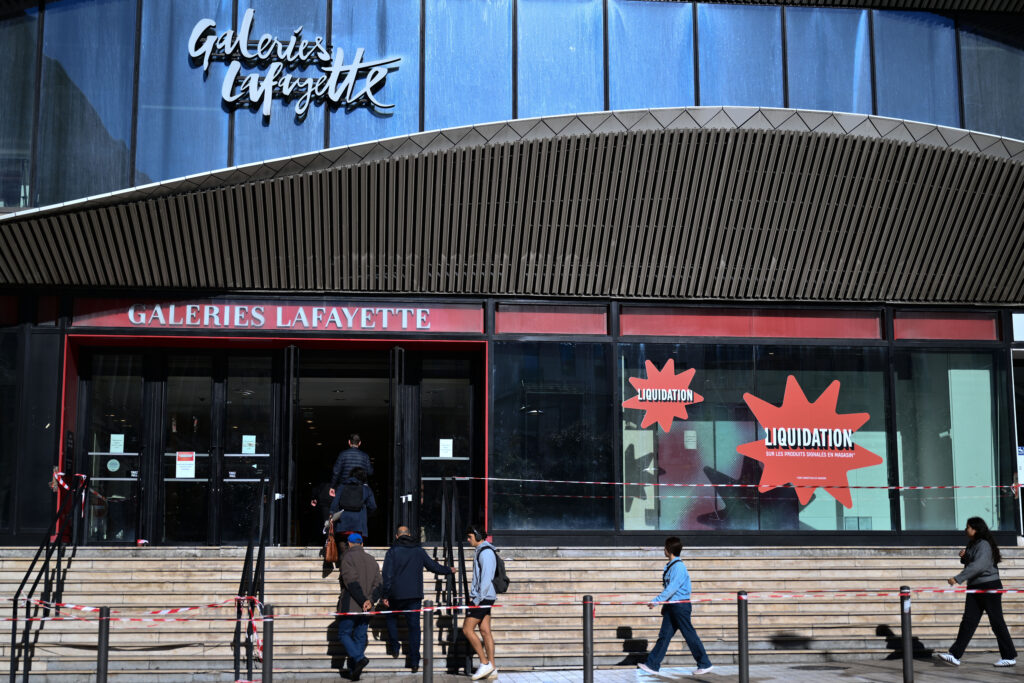Vance rejects any West Bank annexation as Rubio heads to Israel
US Vice President JD Vance said Thursday that Israel would not move to annex the occupied West Bank, after Washington warned that such a step could jeopardise a fragile US-brokered truce in Gaza.Israeli lawmakers on Wednesday advanced two bills paving the way for West Bank annexation, days after President Donald Trump secured a ceasefire deal aimed at ending Israel’s two-year offensive in Gaza, launched after Hamas’s October 2023 attacks.”If it was a political stunt it was a very stupid political stunt and I personally take some insult to it,” Vance said, as he wrapped up his three-day visit to Israel.”The West Bank is not going to be annexed by Israel, the policy of the Trump administration is that the West Bank will not be annexed by Israel, that will continue to be our policy.”The vote was boycotted and criticised by Likud, the right-wing party of Prime Minister Benjamin Netanyahu, although far-right members of his ruling coalition support annexation.Ahead of his arrival later on Thursday, Washington’s top diplomat, Marco Rubio, warned that annexation moves risked undermining the fragile ceasefire in Gaza.He said they were “threatening for the peace deal,” as he boarded a plane for Israel.”At this time, it’s something that we… think might be counterproductive,” Rubio said.Asked about increased violence by Israeli settlers against Palestinians in the West Bank, Rubio said: “We’re concerned about anything that threatens to destabilise what we’ve worked on.”- Red line -Israel has occupied the West Bank since 1967, and violence there has surged since the start of the war in Gaza.According to the Ramallah-based Palestinian health ministry, Israeli troops and settlers have killed nearly 1,000 Palestinians, including militants and civilians, since October 2023.Over the same period, at least 43 Israelis, including members of the security forces, have been killed in Palestinian attacks or Israeli operations, official figures show.The United States remains Israel’s primary military and diplomatic supporter, and Rubio until recently had steered clear of criticising annexation moves championed by Netanyahu’s far-right allies.But a number of Arab and Muslim countries, which Washington has been courting in a bid to provide troops and money for a stabilisation force in Gaza, have warned that the West Bank’s annexation was a red line.Hamas’s moderate rivals in the Palestinian Authority exercise limited self-rule in parts of the West Bank.- Daily threats to truce -Rubio is the latest in a string of top US officials to visit Israel to shore up the ceasefire, which he said would face challenges.”Every day there’ll be threats to it, but I actually think we’re ahead of schedule in terms of bringing it together, and the fact that we made it through this weekend is a good sign,” Rubio said.He continued, “now we have to make sure that it continues and that we continue to build upon it.”The truce faced its toughest test on Sunday, when Israeli forces launched strikes in Gaza after two soldiers were killed. The strikes killed at least 45 Palestinians, according to the health ministry in Hamas-run Gaza.Gaza’s Nasser Hospital said that one person was killed in an Israeli drone strike on Thursday in the Khan Yunis area.The Israeli military told AFP that it conducted a strike that killed a “terrorist who was approaching troops” after crossing the yellow line — where troops are stationed.During his visit, Vance warned that disarming Hamas while rebuilding Gaza would be a challenge.”We have a very, very tough task ahead of us, which is to disarm Hamas but rebuild Gaza, to make life better for the people of Gaza, but also to ensure that Hamas is no longer a threat to our friends in Israel,” Vance said Wednesday.Under Trump’s 20-point peace plan, an international security force drawn from Arab and Muslim allies would oversee Gaza’s transition as Israeli troops withdraw.US troops would not be deployed inside Gaza.- ‘Children’s future slipping away’ -In a briefing, Foreign Minister Gideon Saar accused Hamas of delaying the return of remaining hostage bodies “in order to delay the second phase of laying down its arms”.The group says it needs time to recover them from under the rubble of the Gaza Strip.In the Palestinian territory, civilians displaced by two years of war continued to struggle.”We were afraid of dying during the war, and now we’re afraid of living after it,” said Maher Abu Wafah, 42.”Our lives and our children’s future are slipping away before our eyes. We just want a stable life.”A senior UN official warned Wednesday of “generational” impacts in Gaza from malnutrition among pregnant women and babies, urging a surge of aid to help prevent potential lifelong health issues.Andrew Saberton, deputy executive director of the UN Population Fund, said 11,500 pregnant women face “catastrophic” conditions, with starvation posing severe risks to both mothers and newborns.

